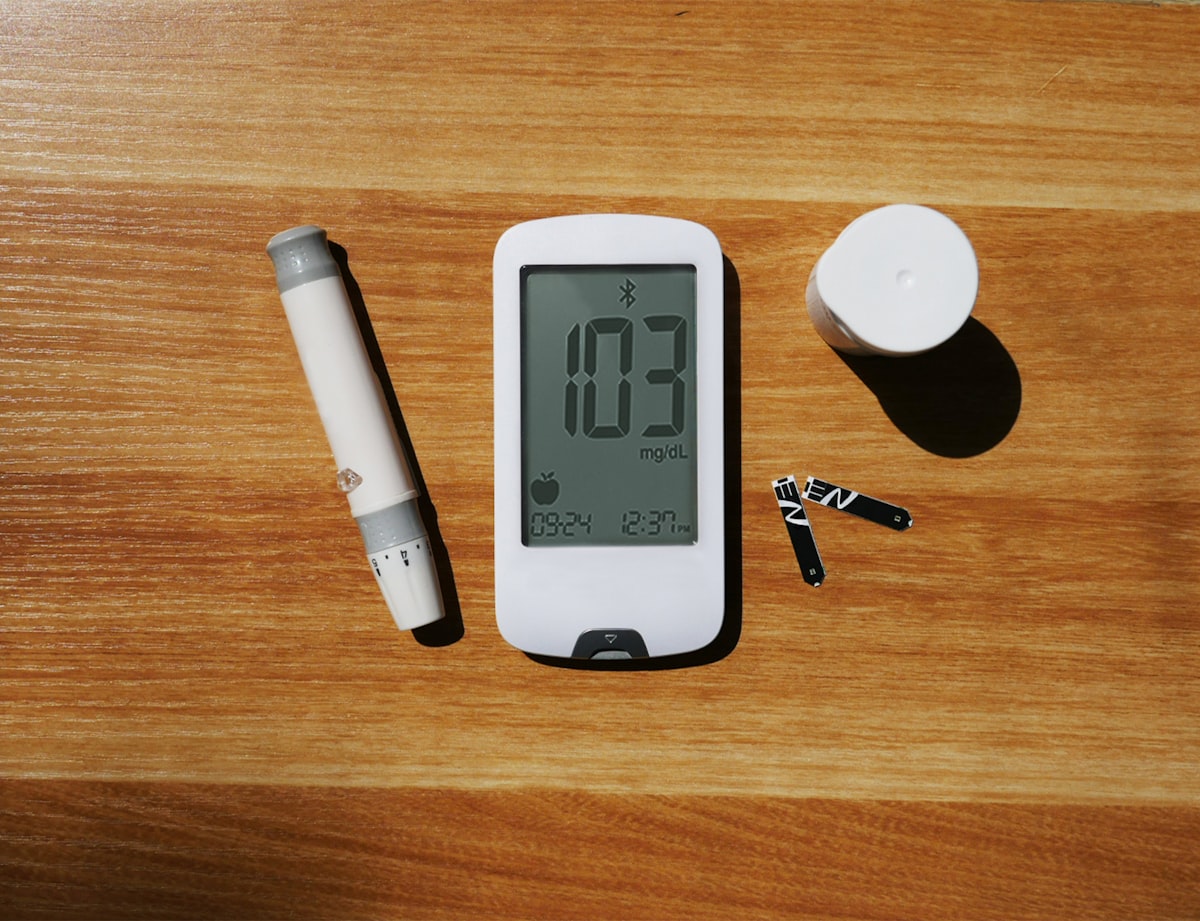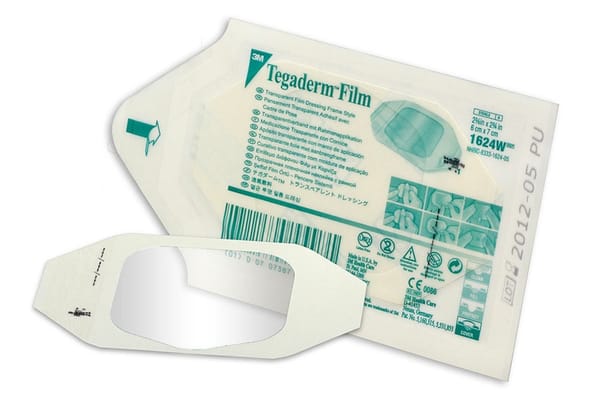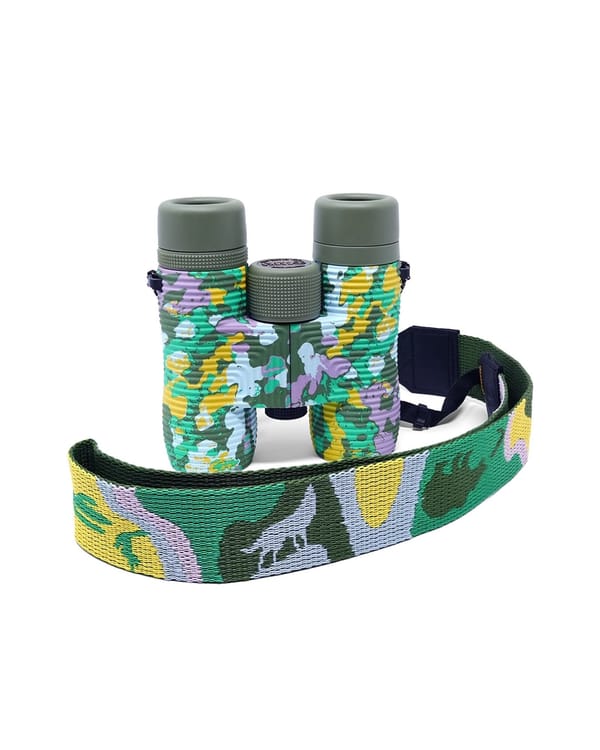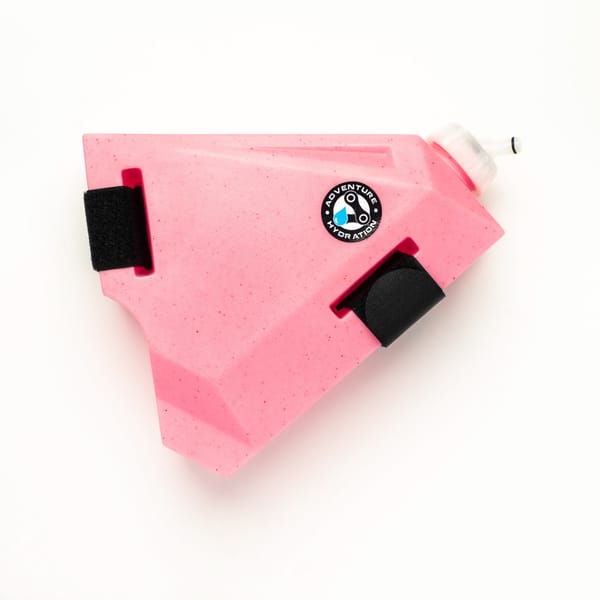Beware of False Claims: No Smartwatch Can Measure Blood Glucose, Says FDA
FDA issues a stark warning against smartwatches and rings claiming to measure blood glucose levels. Learn why these claims are not to be trusted.

In the rapidly evolving world of wearable technology, the promise of noninvasive blood glucose monitoring has emerged as a Holy Grail for those managing diabetes or simply keen on monitoring their health more closely. However, recent developments have prompted the FDA to issue a clear warning to consumers, healthcare professionals, and tech enthusiasts alike: No smartwatch or smart ring currently on the market is authorized to measure or estimate blood glucose levels independently.
The FDA's Safety Communication
The Food and Drug Administration (FDA) has taken a firm stance against the sale and marketing of wearables claiming to offer noninvasive blood glucose monitoring. Despite the buzz at tech shows and the whispers of secret research teams at major companies like Apple and Samsung, the reality is starkly different. Here’s what you need to know:
Details:
- The FDA has not authorized, cleared, or approved any wearable device for blood glucose monitoring.
- Wearables can integrate with FDA-authorized continuous glucose monitors (CGMs) but cannot measure glucose levels directly.
- The Dexcom G7 is an example of a CGM that can integrate with popular wearables for glucose data monitoring.
- Consumers are advised to be wary of devices making false claims and to report suspicious products to the FDA.
The Landscape of Wearable Glucose Monitoring
Despite significant interest and ongoing research within the tech industry, the capability to accurately measure blood glucose levels through a smartwatch or ring remains out of reach. Companies have been known to exploit consumer interest by making unfounded claims about their products' abilities, especially in forums like CES or through online marketplaces.
The allure of a device that can track glucose levels without the need for needles or blood samples is undeniable. It represents not just a leap forward in diabetic care but also a potential revolution in personal health monitoring. However, as of now, the technology has not reached a point where it can be used safely and effectively outside of clinical settings.
What This Means for Consumers
This FDA announcement serves as a crucial reminder to remain skeptical of health-related claims made by wearable devices that have not been substantiated by regulatory approval. While it's exciting to imagine a future where our watches can give us a comprehensive picture of our health with a quick glance, we're not there yet. For now, the best practice is to rely on proven medical devices and technologies, especially when it comes to something as critical as monitoring blood glucose levels.
In conclusion, while the wearable technology field is ripe with innovation, it's important to approach claims of advanced health monitoring capabilities with caution. The FDA's warning highlights the gap between the current technological capabilities of wearables and the future potential they hold. As consumers, staying informed and skeptical of too-good-to-be-true claims is our best defense against potentially misleading or harmful products.





